These 10 Retail Chains Are Well Set Up to Thrive After COVID-19
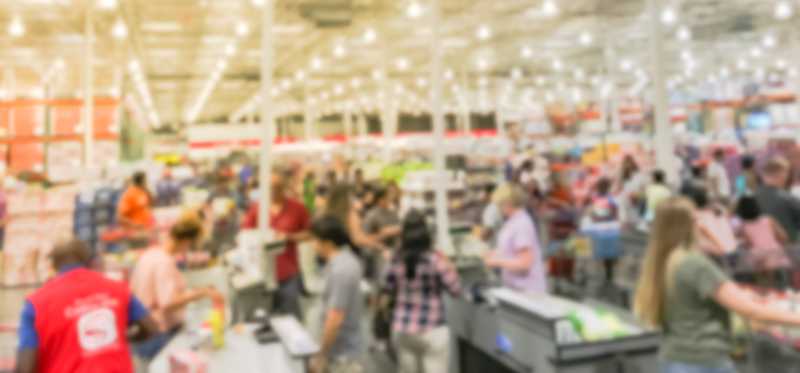
These 10 Retail Chains Are Well Set Up to Thrive After COVID-19
After the apocalypse
There's no question that the coronavirus has turned the retail industry upside down. While malls and non-essential retailers have been shut down for weeks to stop the spread of the virus, there's been a bifurcation in the industry as essential retailers selling items like food, medicine, and cleaning supplies have seen a surge in business.
Let's take a look at 10 of these chains that are well-positioned to grow during and after the pandemic.
Previous
Next
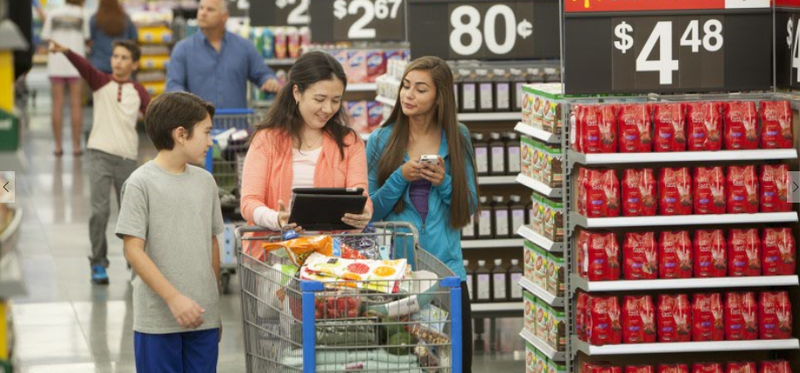
1. Walmart
The world's largest retailer tends to thrive during tough times and this one is no different. Walmart (NYSE: WMT) has seen a spike in visits as consumers stock up on food and other essentials while restaurants and non-essential retailers are closed.
The company has hired an additional 200,000 workers to meet the increase in demand, and Walmart should perform well in the coming months as the retail giant tends to shine during recessions. With its reputation for everyday low prices, a wide selection of products, and locations within 10 miles of 90% of Americans, consumers flock to its stores for savings when the economy is in the dumps.
Previous
Next
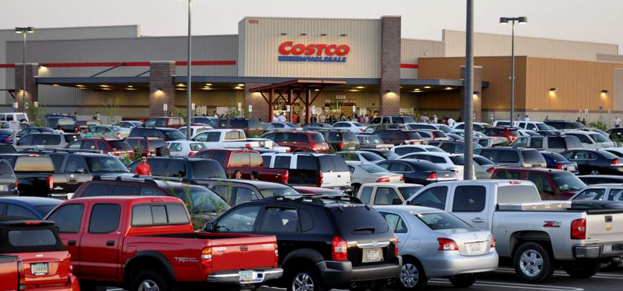
2. Costco
Costco (Nasdaq: COST) has been one of the best-performing retailers in recent years as its membership model and rock-bottom prices have made it a winner with the American shopper even as Amazon and e-commerce continue to threaten brick-and-mortar retail.
Like Walmart, Costco has seen demand jump during the pandemic as comparable sales jumped 11.2% in the U.S. in April, adjusting for the parts of the business that were mostly closed, including optical, hearing aids, travel, and photo.
With its solid membership base and low prices, Costco tends to perform well during recessions and its status as an essential retailer should keep customers flowing through its doors while the pandemic is active.
Previous
Next
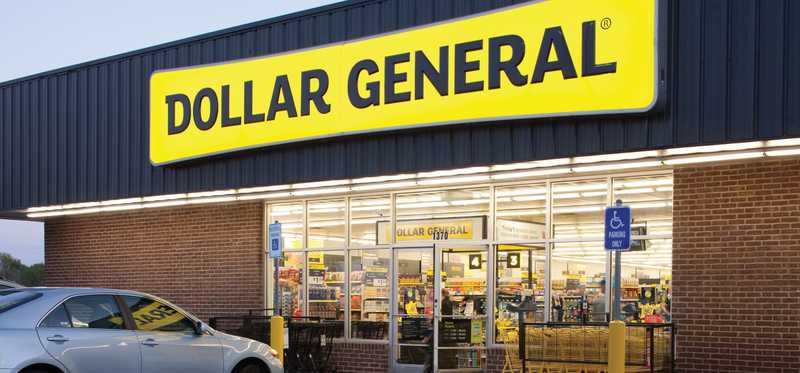
3. Dollar General
Dollar General (NYSE: DG) was one of a number of essential retailers to staff up during the pandemic, hiring 50,000 additional workers back in March. The retailer, which sells products like food, cleaning supplies, and household goods at low prices looks well-positioned for the crisis and the recession as it has more than 16,000 stores nationwide, making it the biggest retail chain in the country by store count.
Sales jumped during the last recession, and the company's expansion strategy should get a boost from the retail vacancies and bankruptcies that are likely to follow as that should make affordable and desirable real estate easier to find.
Previous
Next
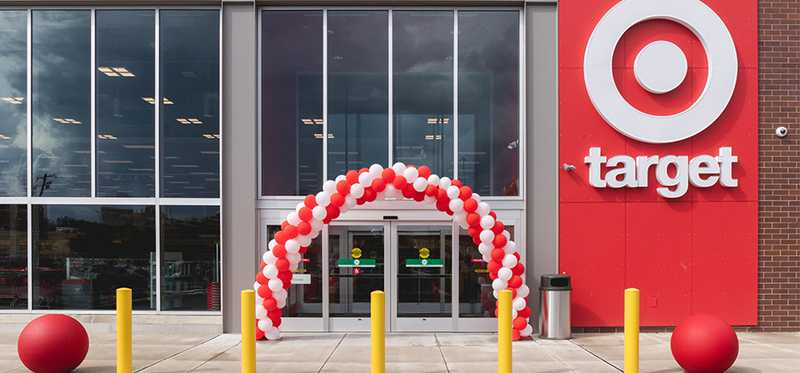
4. Target
Target (NYSE: TGT) is one of the few major retailers to have unveiled results so far through the pandemic. The company warned that most of its operating profits would be erased by costs related to employee bonuses and supply chain needs as the company ramped up certain areas to match demand.
Nonetheless, it's seen solid comparable sales growth, especially online where digital sales jumped 275% in the first three weeks in April.
With its diversified product range and status as an essential retailer, Target should be able to capture market share from struggling brick-and-mortar competitors in areas like apparel and home goods as pure-play retailers in those areas have shuttered their stores.
Previous
Next

5. CVS
Drugstore chain CVS (NYSE: CVS) was also among a number of retailers to boost hiring during the pandemic as it added 50,000 new employees during the crisis to help handle additional demand, focusing on areas like delivery drivers and distribution center employees.
CVS also saw strong growth in its first quarter with revenue up 8.3% and adjusted earnings per share up 18%.
Finally, the pharmacy chain looks set to see solid growth during the pandemic and after as it is expanding its health hubs in stores and providing COVID-19 testing at some locations.
The fallout in the retail space could also open the door for further expansion from the company.
Previous
Next

6. Dollar Tree
Like other discount stores, Dollar Tree (Nasdaq: DLTR), which also owns Family Dollar, has seen sales jump during the pandemic.
The company said in March it would hire 25,000 new employees in order to help with the spike in demand, and same-store sales were up quarter-to-date through March 29 by 7.1% at Dollar Tree and 14.4% at Family Dollar.
Family Dollar's product selection tends to resemble the sundries sold at Dollar General, while Dollar Tree offers a range of products with a fixed price at $1, so Family Dollar may be better-suited for the moment. However, the company as a whole should outperform during the recession and could also take advantage of the opportunity to expand its store count.
Previous
Next
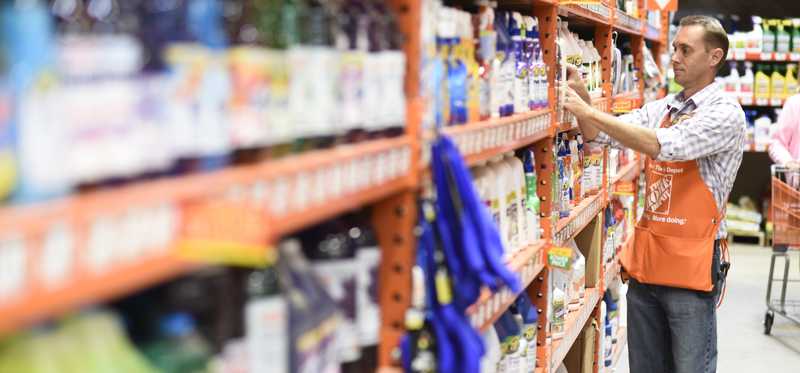
7. Home Depot
Home Depot's (NYSE: HD) stores have remained open during the pandemic as it's considered an essential retailer, however, the company cut its store hours in order to allow for sufficient cleaning and restocking of high-demand items.
While sales at the home-improvement chain have likely fallen during the pandemic, the company's investments in e-commerce make it well-positioned to grow once concerns about the virus fade.
Meanwhile, social-distancing protocols could lead more people to spend time and money on home improvement over the coming months.
Internet searches for things like "lawn and garden" and "home improvement projects" have risen in recent weeks, showing that interest in home improvement appears to be growing.
Previous
Next
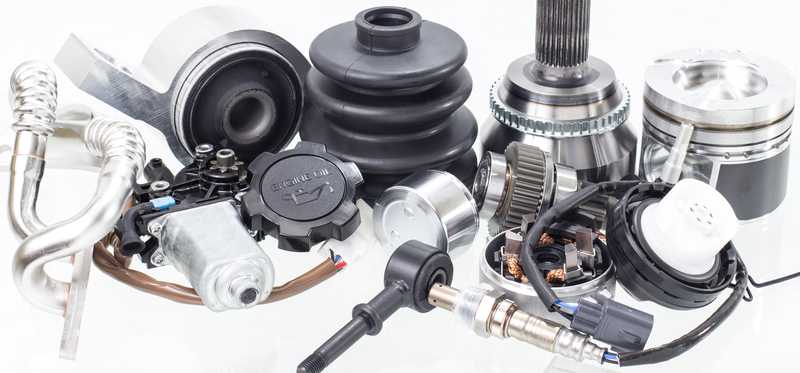
8. AutoZone
Auto parts retailers like AutoZone (NYSE: AZO) tend to be recession-resistant as consumers respond to down economies by delaying new car purchases and instead focus on fixing their current vehicles, as a functional vehicle is a necessity for most Americans.
Though vehicle miles have plunged during the crisis, states are beginning to re-open their economies, meaning Americans should be getting back on the road soon. With the economy now in a recession and tough times likely to persist at least for as long as fears of the virus do, AutoZone and other auto parts retailers could see comparable sales climb as they did in the last recession.
Previous
Next

9. Kroger
With restaurant dining rooms closed across the country, supermarket sales have surged, and there's no traditional supermarket chain bigger than Kroger (NYSE: KR).
In March, Kroger said it would hire 23,500 additional employees to help it with increasing demand as it saw comparable sales surge 30% in March, likely a record for the grocery chain.
Though that momentum has probably cooled off since the initial stocking-up period, supermarkets like Kroger should benefit from social-distancing practices and restaurants being closed as that means more Americans will have to get their food from the grocery store for the foreseeable future, giving Kroger a lift.
Previous
Next
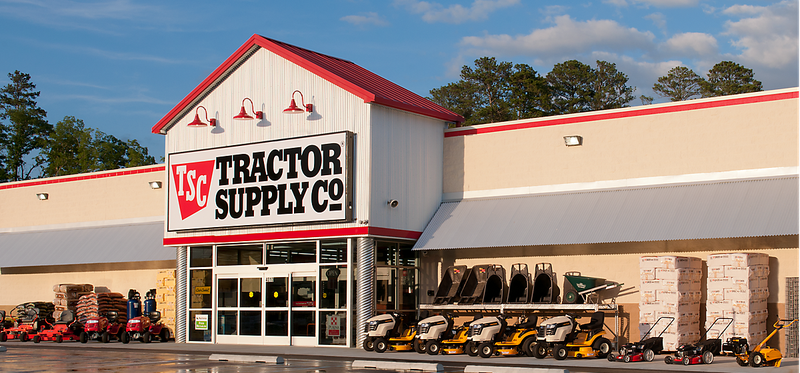
10. Tractor Supply
Tractor Supply (Nasdaq: TSCO), the rural lifestyle retailer has held its own through the COVID-19 crisis. In its first quarter, comparable sales rose 4.3% while earnings per share increased 12%. As a retailer of products for home, land, and animal care, and a one-stop for recreational farmers and ranchers, Tractor Supply could see a boom as social distancing causes Americans to embrace hobbies like gardening and raising animals. Additionally, evolving work-from-home policies could also allow office workers to leave expensive cities for more rural areas, supporting demand for retailers like Tractor Supply.
Previous
Next
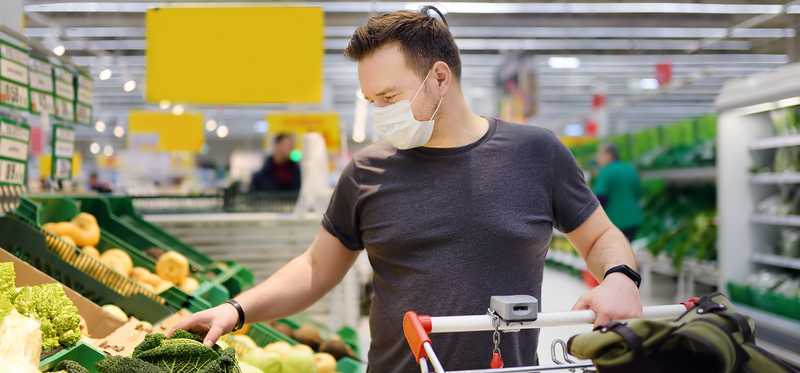
More uncertainty ahead
No one knows how the coronavirus pandemic will play out, whether we'll see additional severe outbreaks and even lockdown orders, or if a vaccine or treatment will come out sooner than expected. However, in the retail sector, it's clear that essential retailers like those we've mentioned will outperform their non-essential peers. Those chains that can best weather the pandemic and a recession will be able to shine in the aftermath, capturing opportunities and market share in the recovery as other retailers fall by the wayside.
John Mackey, CEO of Whole Foods Market, an Amazon subsidiary, is a member of The Motley Fool’s board of directors. Jeremy Bowman owns shares of Amazon, CVS Health, and Target. The Motley Fool owns shares of and recommends Amazon, Home Depot, and Tractor Supply. The Motley Fool recommends Costco Wholesale and CVS Health and recommends the following options: long January 2021 $120 calls on Home Depot, short January 2021 $210 calls on Home Depot, short January 2022 $1940 calls on Amazon, and long January 2022 $1920 calls on Amazon. The Motley Fool has a disclosure policy.
Previous
Next
Invest Smarter with The Motley Fool
Join Over Half a Million Premium Members Receiving…
- New Stock Picks Each Month
- Detailed Analysis of Companies
- Model Portfolios
- Live Streaming During Market Hours
- And Much More
READ MORE
HOW THE MOTLEY FOOL CAN HELP YOU
-
Premium Investing Guidance
Market beating stocks from our award-winning service
-
The Daily Upside Newsletter
Investment news and high-quality insights delivered straight to your inbox
-
Get Started Investing
You can do it. Successful investing in just a few steps
-
Win at Retirement
Secrets and strategies for the post-work life you want.
-
Find a Broker
Find the right brokerage account for you.
-
Listen to our Podcasts
Hear our experts take on stocks, the market, and how to invest.
Premium Investing Services
Invest better with The Motley Fool. Get stock recommendations, portfolio guidance, and more from The Motley Fool's premium services.